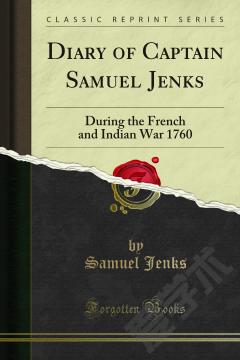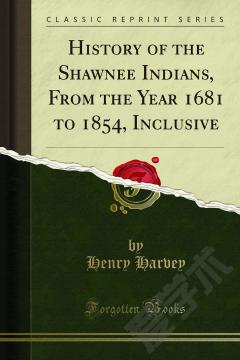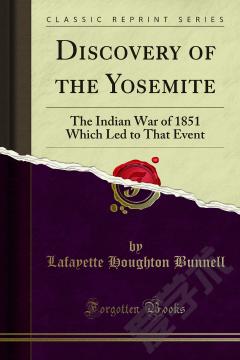Yakima and Clickitat Indian Wars, 1855 and 1856 —— Personal Recollections of Capt. U. E. Hicks
-----
Perhaps not one white man in five possessed a gun or fire-arm of any kind. The game of the country was principally deer and fowl, and the Indians did most of the hunting.Governor Isaac I. Stevens had called for several companies of volunteers, forming the 1st Regiment, to act in conjunction with the small force of regular soldiers then stationed at the several military posts in Washington Territory, and the volunteer forces of Oregon, for the purpose of quelling the outbreak east of the mountains, and had proceeded in person to the hostile country, leaving Secretary C. H. Mason in charge as acting-Governor during his absence. Maj. James Tilton, Surveyor-General of the Territory, was commissioned Adjutant General of volunteers.A company was formed in Olympia, mounted and equipped, under command of Judge Gilmore Hays. This company, which had pretty well drained that neighborhood of spare men, horses and guns, had joined with the U.S. troops from Fort Steilacoom, and perhaps one or two other small companies from further down the Sound, and were on their way over the mountains, when a runner, by the name of Bill Tidd, came in from by the way of the Columbia river, informing the authorities at Olympia that the Oregon volunteers and soldiers east of the mountains had driven the hostiles in towards the Nachess Pass, over or through which the Sound troops had to pass, and were in ambush in sufficient force to scalp the entire company of whites. Tidd was immediately dispatched with orders to Hays to return, which could only reach him in time to prevent this calamity by riding furiously all night and a part of the next day. Perhaps not more than one man in five hundred could have accomplished this trip, but Bill Tidd did it.The Indians all along the Sound seemed to be aware of the fact that war had broken out east of the mountains, and a few of the bravest among them had shown signs of discontent and mutterings. It was known that numbers of them were gathering in and about Connell's Prairie, near the headwaters of Puyallup and White rivers, but still no great uneasiness was felt by the whites. A few old settlers, well-known to the Indians, volunteered to go out there and have a talk with them, not dreaming that they were exposing themselves to any great danger in so doing. The special chief among the Indians along the upper Sound was named Leschi, who had been chosen and appointed chief by Gov. Stevens, on account of his superior intelligence and seeming friendliness toward the whites. The Indians, however, never fully recognized him as their head-chief, but adhered to their tribal relations, each tribe following their own sub-chief.
{{comment.content}}








 京公网安备 11010802027623号
京公网安备 11010802027623号